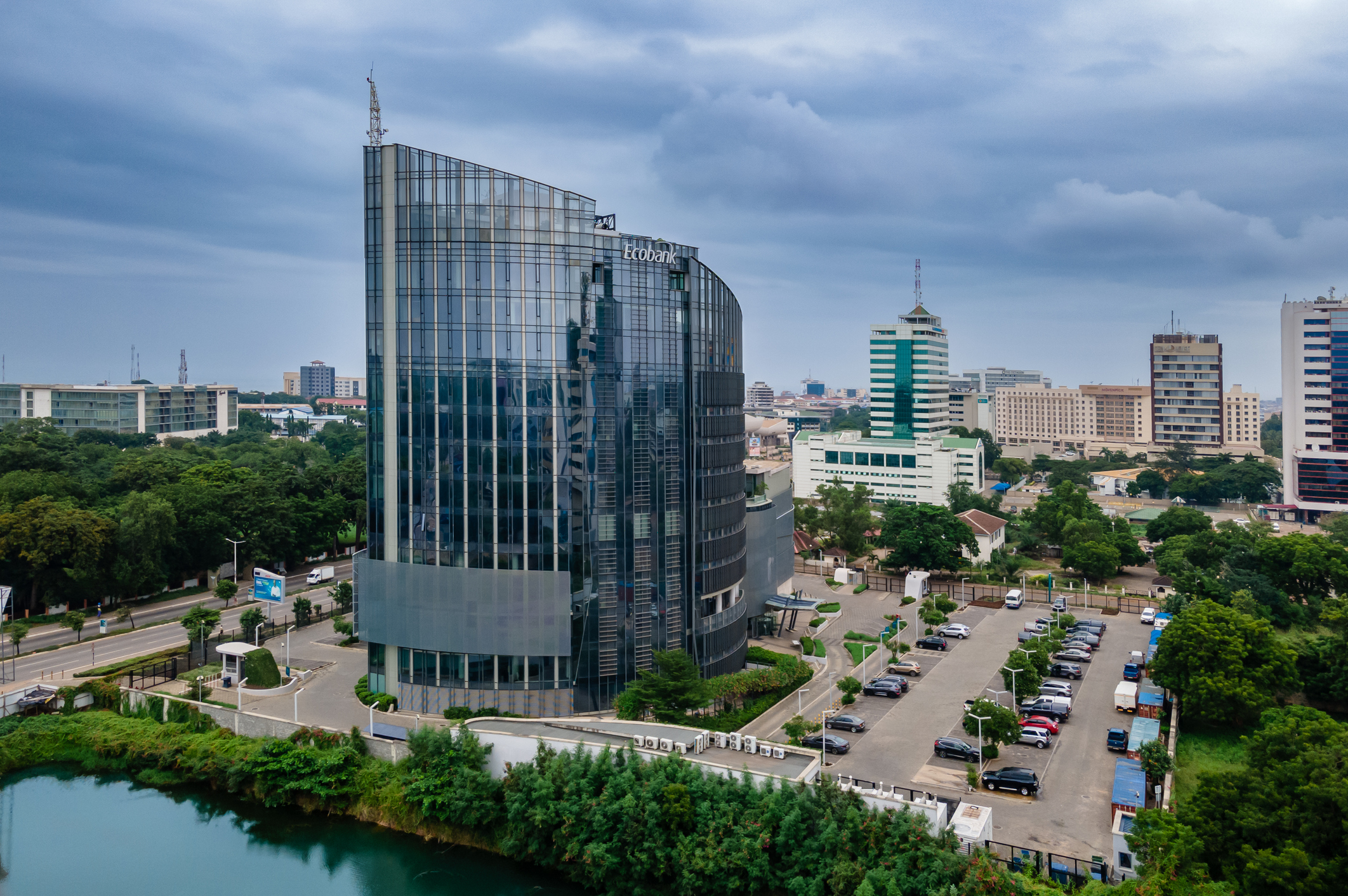The development comes exactly 120 days since President John Dramani Mahama returned to office, marking a critical checkpoint in his administration’s efforts to stabilize the economy after years of fiscal distress.
Ghana’s consumer inflation eased for a fourth consecutive month in April, falling to 21.2% from 22.4% in March, as the country’s unexpectedly strong currency helped to reduce the cost of imports.
The Ghana Statistical Service attributed the slowdown to a deceleration in both food and non-food inflation, with prices rising by just 0.8% month-on-month.
“Food inflation remains the biggest price driver,” new Government Statistician Alhassan Iddrisu told reporters in Ghana’s capital, Accra, today.
Notably, non-food inflation dropped to 17.9% from 18.7%, while food inflation declined to 25% from 26.5%. The disinflationary trend was buoyed by a rally in the Ghanaian cedi, which has appreciated by nearly 16% against the U.S. dollar since early April, making it the world’s best-performing currency in that period. The stronger cedi has helped ease pressure on import prices in the import-dependent West African economy.
Loading...
The inflation data offers a glimmer of hope for a nation that has struggled with high prices since 2021, when a deepening debt crisis triggered a dramatic collapse of the cedi. That collapse pushed inflation into double digits, far above the Bank of Ghana’s target band of 6% to 10%, and led to a loss of investor confidence.
Ghana, the world’s second-largest cocoa exporter and a key gold and oil producer, secured a $3 billion, three-year bailout program from the International Monetary Fund (IMF) in 2023 to address its fiscal and balance of payments crisis.
President John Dramani Mahama’s administration, elected on promises of economic renewal, pledged to stabilize the cedi, control inflation, and restore macroeconomic discipline through tighter monetary policy and targeted fiscal reforms.
As part of a broader economic revival plan outlined in the 2024 manifesto of the National Democratic Congress (NDC), his government pledged a series of immediate reforms. According to an internal progress tracker, 19 of the 28 flagship promises have been fulfilled, with two more in progress. However, key policy initiatives—including a 24-hour economy strategy, a review of vehicle taxes, a reassessment of the Customs Amendment Act of 2020, and a ban on political appointees acquiring state assets—are yet to be delivered.
Bank of Ghana Governor Johnson Asiama said at the March policy meeting that the central bank remains committed to a tight monetary stance and may consider rate cuts only if disinflation continues. He also surprised markets with an interest rate hike in March, citing persistent inflationary pressures.
Finance Minister Cassiel Ato Forson has forecast that inflation could fall to 11.9% by December if current policies are sustained, including significant reductions in government spending and increased support for the private sector.
Loading...
